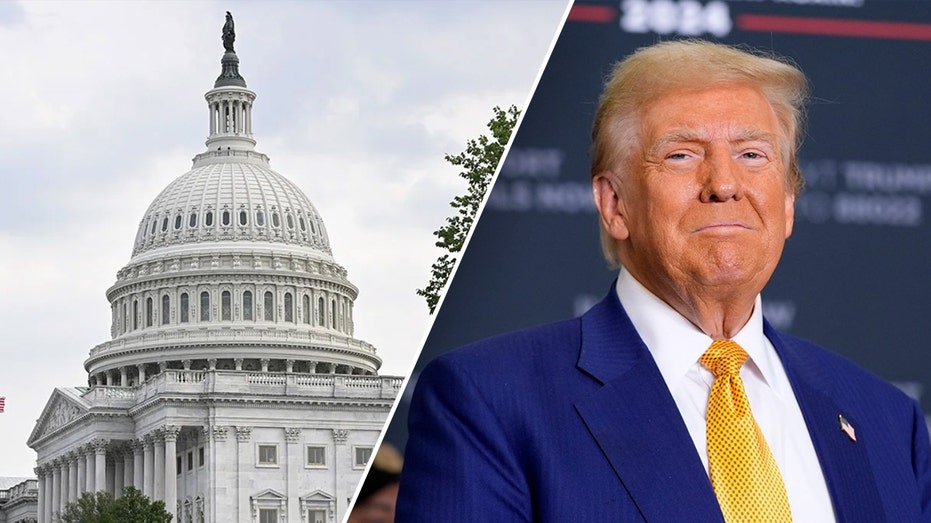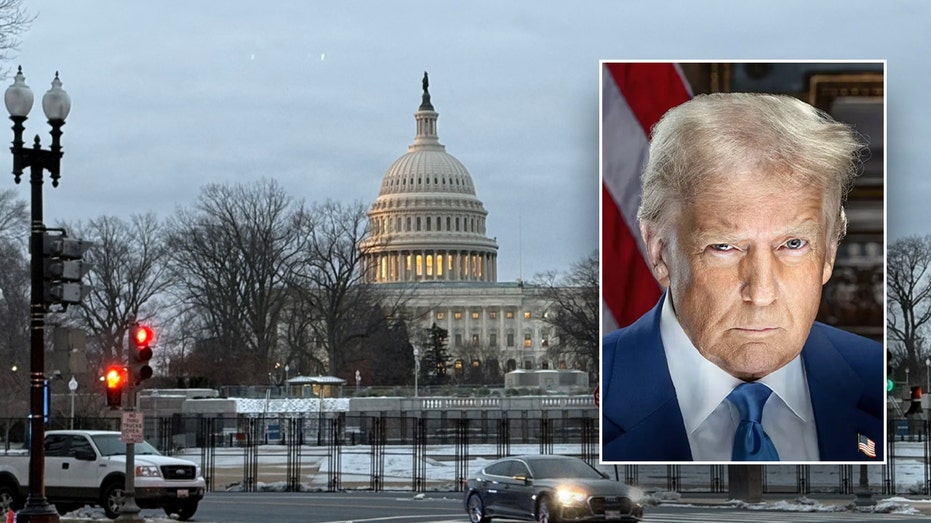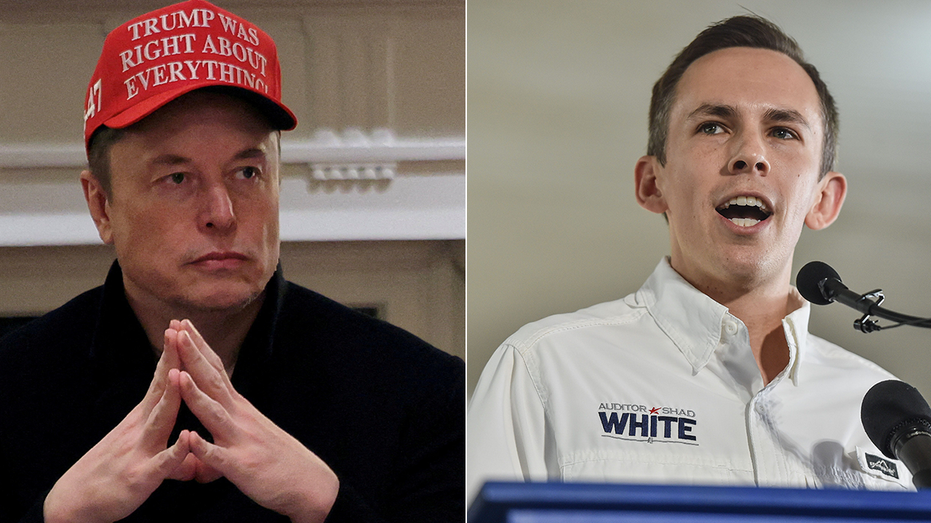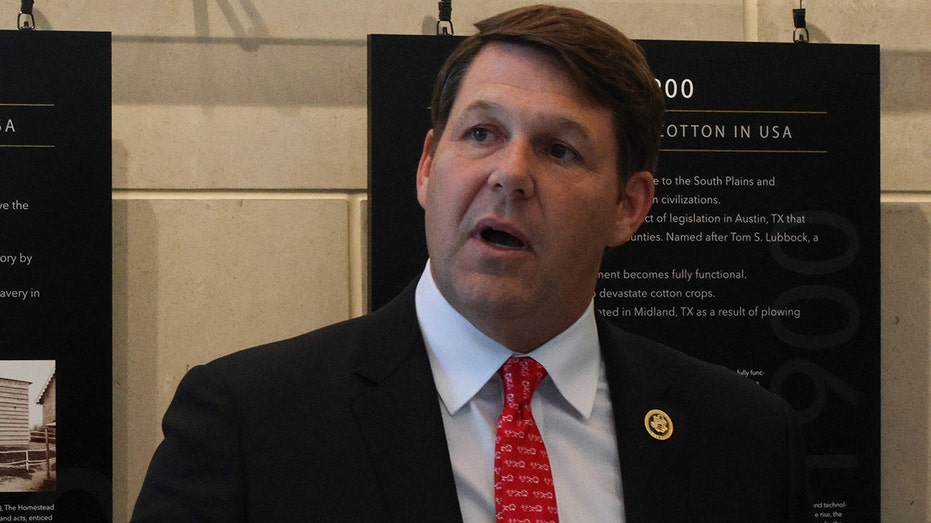'Dead of night': Dems accuse GOP of cowardice over late-night votes on Trump's 'big, beautiful' budget bill
Following news that the House Rules Committee will convene at 1 a.m. on Wednesday morning to take the next steps in advancing President Trump's "big, beautiful" budget bill, Democrats are accusing Republicans of cowardice for advancing the monumental bill "in the dead of night."
The House Budget Committee reached an initial consensus to pass the bill to the Rules Committee late Sunday evening, after gaveling in at approximately 10:00 p.m. The Rules Committee must now take up the matter to set out the rules for debate and markup that are expected to take place next in the GOP-controlled House of Representatives.
Shortly after, the House Budget Committee passed the bill in a late-Sunday night vote, the House Rules Committee announced it would be considering the One Big Beautiful Bill Act at 1 a.m. on Wednesday morning. The announcement, followed by the late-night Sunday vote, has stirred up criticism from Democrats who argue the late-night legislative sessions are the result of GOP cowardice.
"Republicans are scheduling votes in the DEAD OF NIGHT on Trump's ‘big, beautiful bill.’ They advanced their bill last night at 10:30PM. The next vote is scheduled for 1AM on Wednesday. Why hide?" questioned Sen. Elizabeth Warren, D-Mass. "Maybe because this bill rips away health care from babies, new moms, and seniors."
NEW PROJECTION SIGNALS GOOD NEWS FOR FAMILIES, WORKERS IN TRUMP'S 'BIG, BEAUTIFUL BILL'
The legislative negotiations over the GOP's budget bill have circulated around what federal programs, or funding, will need to be cut in order to extend the president's tax cuts from his first term, which are set to expire. Among those cuts are new provisions to federal healthcare programs, like Medicaid, which Democrats have slammed as a move to take away public healthcare programs from those who need them the most.
"Republicans know that their efforts to take away health care from millions of Americans is deeply unpopular. Republicans know that the effort to enact the largest cut to nutritional assistance in American history, which will literally take food from the mouths of children, veterans and seniors, is deeply unpopular. Republicans know that providing billionaire donors with a massive tax break for people, like Elon Musk, and at the same time, exploding the deficit by trillions of dollars is deeply unpopular," the Democrats' House Minority Leader Hakeem Jeffries said during a Monday afternoon press conference.
"That's why Republicans are going to try to advance this bill in the dead of night at 1 a.m. in the morning."
HAROLD FORD, JR. ARGUES TRUMP'S 'BIG, BEAUTIFUL BILL' CUTS ONLY THE RICHEST PEOPLE'S TAXES
Republicans, however, have indicated their hope to pass their new budget bill by Memorial Day, and, in order to do that, the lengthy reconciliation process Republicans are using to get the bill passed must move quickly as the date is fast approaching.
As a result of the looming Memorial Day deadline, Republicans appear to be moving the bill forward as quickly as possible, and, to do so, it is reportedly requiring the House Rules Committee to convene early Wednesday morning.
"Under the rules, Budget Dems get two calendar days to file minority views after last night's markup. That could take until midnight Tuesday. Rules then has a one hour notice requirement, hence starting at 1 am," political commentator Brendan Buck said on X, citing someone with expert knowledge of the legislative process.
But that hasn't stopped Democrats from claiming Republicans are engaging in late-night votes to somehow keep the budget bill process out of the limelight.
"Remember when Republicans said late-night sessions were ‘not what the country needs or deserves’ during the American Rescue Plan? Now they’re getting ready to make dramatic cuts to Medicaid and SNAP so they can give tax breaks for billionaires - in the dead of night," Rep. Gregory Meeks, D-N.Y., said following news of the Wednesday morning Rules Committee session. "Hypocrisy on full display."














